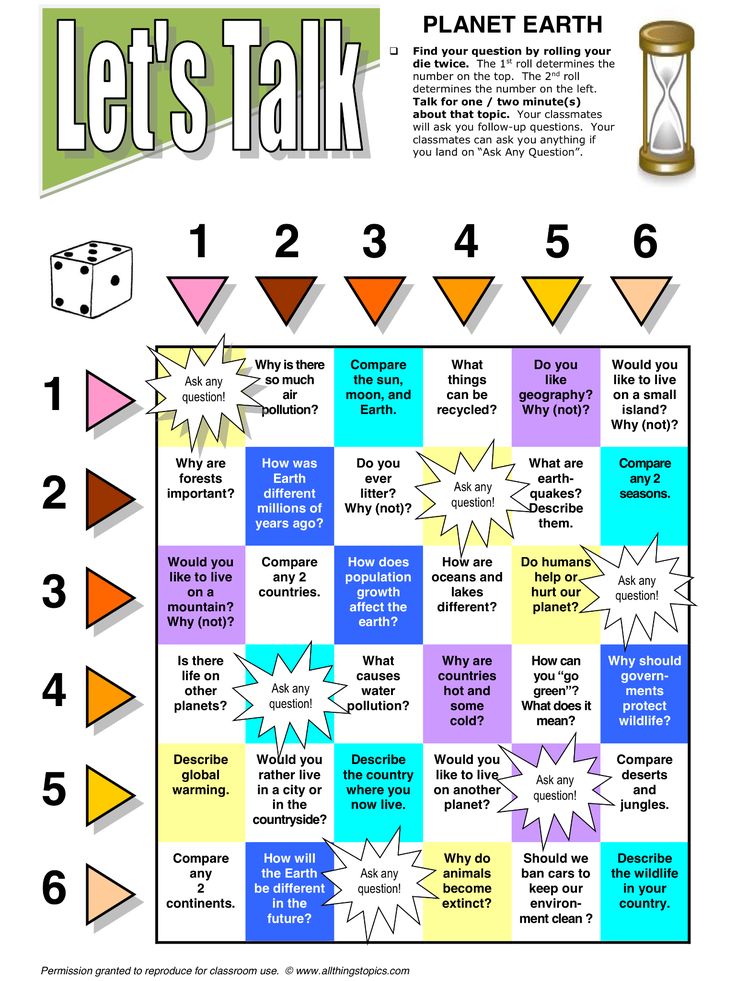Learning to be on your own
20 Ways to Be Your Own Best Friend
Before getting into the different ways to find happiness in being alone, it’s important to untangle these two concepts: being alone and being lonely. While there’s some overlap between them, they’re completely different concepts.
Maybe you’re a person who absolutely basks in solitude. You’re not antisocial, friendless, or loveless. You’re just quite content with alone time. In fact, you look forward to it. That’s simply being alone, not being lonely.
On the other hand, maybe you’re surrounded by family and friends but not really relating beyond a surface level, which has you feeling rather empty and disconnected. Or maybe being alone just leaves you sad and longing for company. That’s loneliness.
Before getting into the ins and outs of being happy alone, it’s important to understand that being alone doesn’t have to mean you’re lonely. Sure, you can be alone and feel lonely, but the two don’t always have to go hand in hand.
![]()
These tips are aimed at helping you get the ball rolling. They might not transform your life overnight, but they can help you get more comfortable with being alone.
Some of them may be exactly what you needed to hear. Others may not make sense for you. Use them as stepping-stones. Add to them and shape them along the way to suit your own lifestyle and personality.
1. Avoid comparing yourself to others
This is easier said than done, but try to avoid comparing your social life to anyone else’s. It’s not the number of friends you have or the frequency of your social outings that matters. It’s what works for you.
Remember, you really have no way of knowing if someone with a bunch of friends and a stuffed social calendar is actually happy.
2. Take a step back from social media
Social media isn’t inherently bad or problematic, but if scrolling through your feeds makes you feel left out and stressed, take a few steps back. That feed doesn’t tell the whole story. Not by a long shot.
Not by a long shot.
You have no idea if those people are truly happy or just giving the impression that they are. Either way, it’s no reflection on you. So, take a deep breath and put it in perspective.
Perform a test run and ban yourself from social media for 48 hours. If that makes a difference, try giving yourself a daily limit of 10 to 15 minutes and stick to it.
3. Take a phone break
Noticing a theme here? Cellphones and social media have undoubtedly changed the concept of being alone.
Is anybody really alone when they can pick up their phone and text or call just about anyone? Or check in on what that high school acquaintance is up to without even having to talk to them?
That’s not to say that technology isn’t an incredibly helpful tool for building community and feeling close to loved ones who might be far away. But it’s easy to rely on devices as a way to avoid being alone with your own thoughts.
Next time you’re alone, turn your phone off and stash it away for one hour.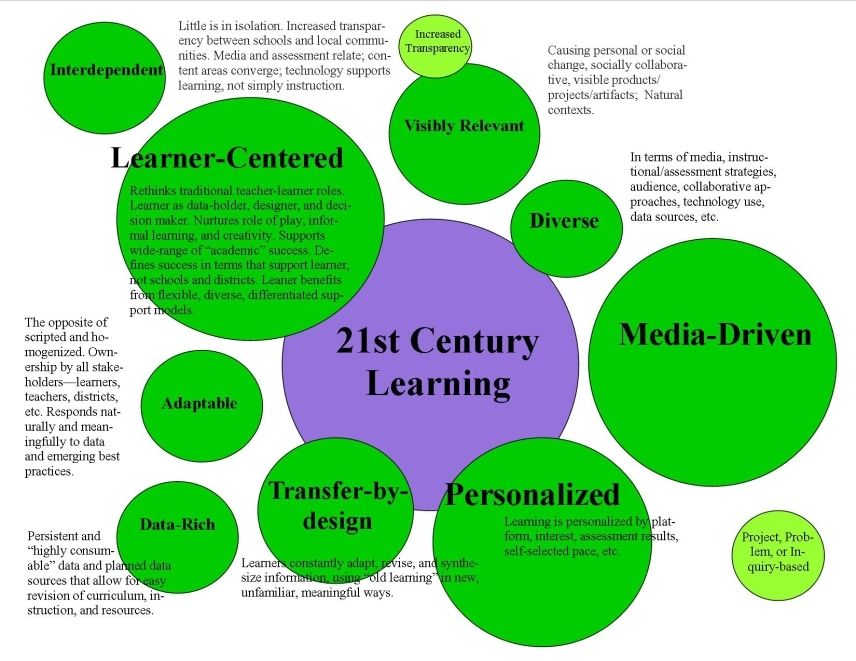 Use this time to reconnect with yourself and explore what it feels like to be truly alone.
Use this time to reconnect with yourself and explore what it feels like to be truly alone.
Not sure how to pass the time? Grab a pen and notepad, and jot down things you might enjoy doing the next time you find yourself alone.
4. Carve out time to let your mind wander
Does the thought of doing absolutely nothing unsettle you? That’s probably because it’s been a long time since you’ve allowed yourself to just be.
Experiment by setting a timer for 5 minutes. That’s it.
Five minutes with no:
- television
- music
- internet
- podcasts
- books
Find a comfortable place to sit or lie down. Close your eyes, darken the room, or stare out the window if you prefer. If that’s too sedentary, try a repetitive task, such as knitting, dribbling a basketball, or washing dishes.
Let your mind wander — truly wander — and see where it takes you. Don’t be discouraged if it doesn’t take you very far at first. With time, your mind will get used to this new freedom.
5. Take yourself on a date
They might sound cliche, but self-dates can be a powerful tool for learning how to be happy alone.
Not sure what to do? Imagine you’re trying to impress an actual date and show them a good time. Where would you take them? What would you want them to see or experience?
Now, take yourself on that date. It might feel a bit odd at first, but chances are, you’ll see at least a few other folks dining solo or purchasing a movie ticket for one.
If money’s an issue, you don’t have to go big. But also remember it’s a lot cheaper to pay for one than it is for two.
Still sounds too daunting? Start small by sitting in a coffee shop for just 10 minutes. Be observant and soak in your surroundings. Once you’re comfortable with that, going out alone won’t seem so unusual anymore.
6. Get physical
Exercise helps release endorphins, those neurotransmitters in your brain that can make you feel happier.
If you’re new to exercise, start with just a few minutes a day, even if it’s just morning stretches.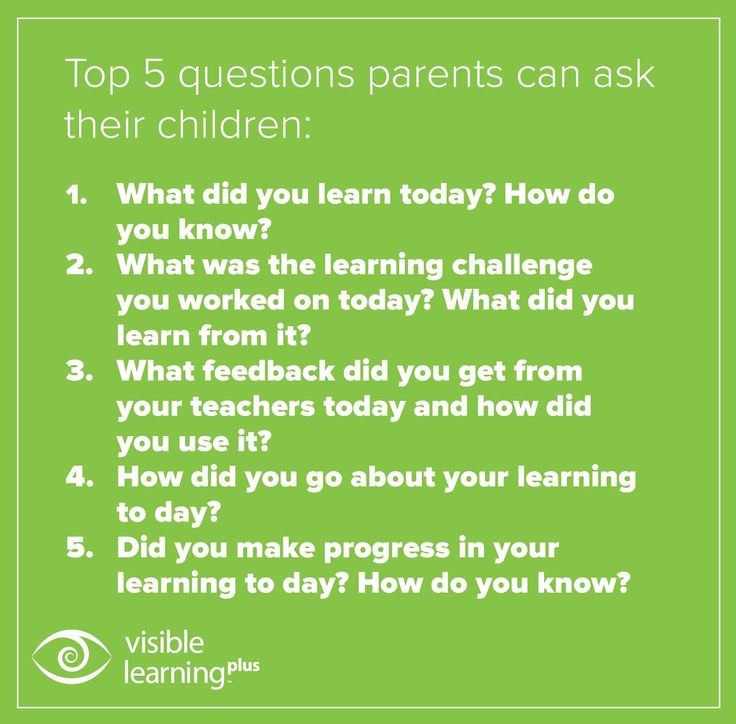 Increase your activity by a minute or two each day. As you gain confidence, try weight training, aerobics, or sports.
Increase your activity by a minute or two each day. As you gain confidence, try weight training, aerobics, or sports.
Plus, if you’re still uneasy about going out on your own, hitting the gym alone can be a great starting point.
7. Spend time with nature
Yes, another cliche. But seriously, get outside. Lounge in the backyard, take a walk in the park, or hang out by the water. Absorb the sights, sounds, and smells of nature. Feel the breeze on your face.
Research shows that 30 minutes or more a week spent in nature can improve symptoms of depression and lower blood pressure.
8. Lean into the perks of being alone
Some people find it especially difficult to be happy while living alone. Sure, it might be a little quiet, and there’s no one there to listen to you vent after work or remind you to turn off the stove.
But living solo also has its perks (naked vacuuming, anyone?). Try to take advantage of the physical and mental space that comes with living alone:
- Take up all the space.
 Spend the day taking up the entire kitchen to cook a tasty meal you can munch on for the next week.
Spend the day taking up the entire kitchen to cook a tasty meal you can munch on for the next week. - Spread out. Trying to get back into an old hobby? Get all your materials and spread them out across the floor and decide what you want to use for your next project. Not done deciding in a single day? No problem. Leave it out until you’re done, even if it’s a week from now.
- Have a dance party. This one’s pretty self-explanatory. Put on your favorite music, and, neighbors permitting, crank it up. Dance like no one’s watching, because, well… they aren’t.
9. Volunteer
There are so many ways to volunteer your time in service of others. You can volunteer in person or help out remotely from home. Either way, helping others can make you feel good. Plus, it can help you feel connected to others while still getting in some quality alone time.
Research volunteer opportunities in your neighborhood. It’s important to find something that feels right to you.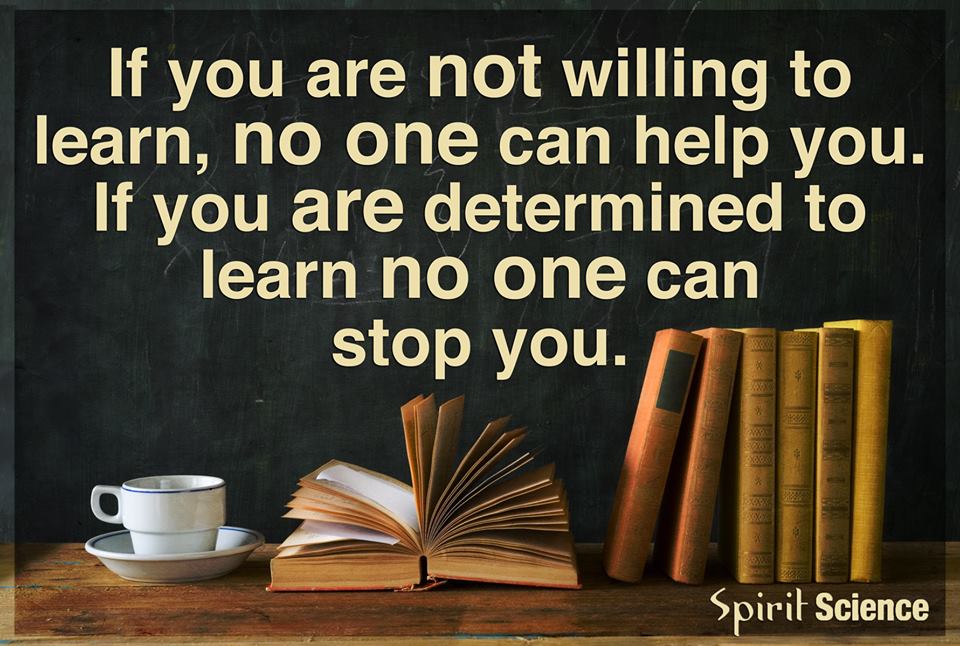 Make sure their needs are a good fit with what you’re willing and able to do.
Make sure their needs are a good fit with what you’re willing and able to do.
If the first thing you try doesn’t work out, it’s perfectly reasonable to move on and look for something else.
Perform a random act of kindness whenever the opportunity presents itself.
10. Acknowledge things you’re grateful for
Research shows that gratefulness can boost feelings of happiness and hopefulness.
It’s easy to take things for granted as you go about your day. Devote some time to reflect on the things you’re grateful for.
They don’t have to be spectacular, mind-blowing things. They can be as simple as that first cup of java in the morning or song you play over and over because it calms your nerves.
Make a list — mental or physical — of the things in your life that you appreciate. The next time you’re alone and feeling down, whip out this list to remind yourself of everything you have going for you.
11. Give yourself a break
Self-reflection is a good thing.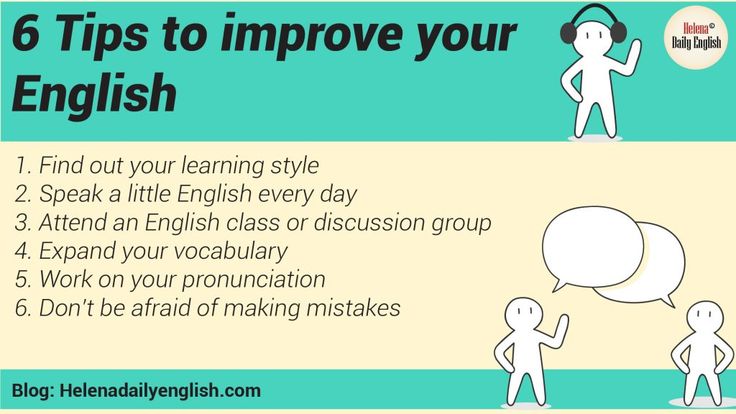 Harsh self-judgement is not. It eats away at your self-confidence and happiness. When that negative inner critic comes to call, turn toward that more positive voice that resides in your head (you know it’s in there somewhere).
Harsh self-judgement is not. It eats away at your self-confidence and happiness. When that negative inner critic comes to call, turn toward that more positive voice that resides in your head (you know it’s in there somewhere).
Don’t judge yourself more harshly than you’d judge anyone else. Everyone makes mistakes, so don’t keep beating yourself up over them. Remember the many good qualities you possess.
12. Serve yourself a top-notch meal
No dinner companion? Eating alone doesn’t have to mean eating prepackaged food in front of the TV. Prepare a fabulous meal for one.
Set the table, use a cloth napkin, light a candle, and do whatever you would do if you were throwing a dinner party. You’re worth it all by yourself.
13. Find a creative outlet
What have you always dreamed of doing, but have put off? Don’t worry if you’re not good at it. The point is to try something new and different, to take a step outside your comfort zone.
Take on a home improvement project. Learn to play an instrument, paint a landscape, or write a short story. Do it on your own or enroll in a class. Give yourself ample time to see if it’s worth pursuing.
Learn to play an instrument, paint a landscape, or write a short story. Do it on your own or enroll in a class. Give yourself ample time to see if it’s worth pursuing.
If you don’t like it, you can at least cross it off your list and move on to something else.
14. Make plans for solo outings
Find interesting things to do and put them on your calendar. Give yourself something to look forward to. After all, anticipation is half the fun. Plus, seeing it on your calendar might also help you follow through.
Visit a nearby town and stay in a bed and breakfast. Attend a local festival or farmers market. Buy a ticket to a concert or that amazing art exhibit everyone’s talking about. Plan for something you’re really interested in and make it happen.
As you become more comfortable with the day-to-day aspects of being alone, you can start digging a bit deeper.
15. Shake up your routine
Even a routine that works well can eventually morph into a rut, leaving you uninspired.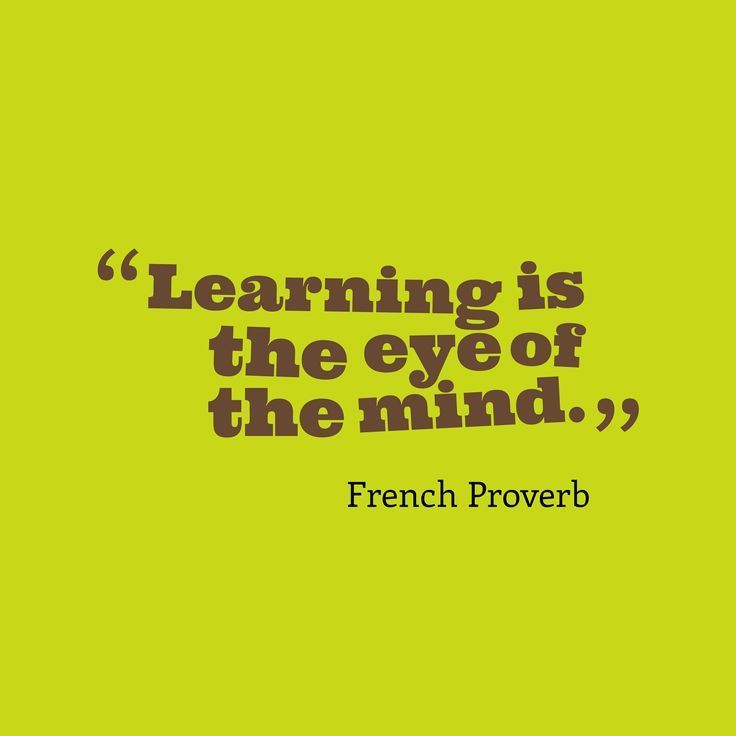 Think about your day-to-day routine and immediate surroundings. What’s still working for you, and what’s become dull?
Think about your day-to-day routine and immediate surroundings. What’s still working for you, and what’s become dull?
If you’re not sure, take a shot at it. Freshen things up. Rearrange your furniture or paint a wall. Start a garden, clean and declutter, or find a new coffee shop. See if there’s something you can change to pull yourself out of that rut.
16. Strengthen your coping skills
Life has its stressors, and bad things happen. There’s no point in ignoring this reality. But remember that time something bad happened and you figured out how to deal with it? That’s a skill worth continuing to develop.
Consider how you coped then and why that worked. Think about how you can use that same mindset to cope with events that are happening now. This is also a good time to give yourself some credit. You’re probably a lot stronger and more resilient than you realize.
17. Nurture relationships
As you become more comfortable being alone, you might find yourself spending less time socializing. There’s nothing wrong with that, but close social connections are still important.
There’s nothing wrong with that, but close social connections are still important.
Arrange to visit with someone in your family, a friend, or go hang out with the team after work. Call someone you haven’t heard from in a long time and have a meaningful conversation.
18. Practice forgiveness
What does forgiveness have to do with your happiness? A lot, as it turns out. Among other health benefits, the act of forgiveness may reduce stress, anxiety, and depression.
It’s less about making the other person feel better than it is about making yourself feel better. Yes, that means writing a letter forgiving someone who’s hurt you without actually sending it totally counts.
Forgiveness can take a load off your mind. While you’re at it, don’t forget to forgive yourself, too.
19. Take care of your health
Mental health can affect physical health and vice versa. Taking care of your physical health may help boost your overall happiness. Plus, it’s a good way to foster a good relationship with yourself.
Plus, it’s a good way to foster a good relationship with yourself.
Make eating a balanced diet, exercising regularly, and getting plenty of sleep part of what you do with your alone time. Be sure to get an annual physical, and see your doctor to manage any preexisting health conditions.
20. Make plans for the future
Where do you want to be in 5 years or in 10 years, both personally and professionally? What do you need to do to accomplish those goals? Writing this down can be helpful in guiding your decisions.
Revisit this exercise annually to see if you’re on track or if goals should be revised. Having plans for tomorrow might help you feel more hopeful and optimistic today.
Sometimes, all the self-care, exercise, and gratitude lists in the world aren’t enough to shake feelings of sadness or loneliness.
Consider reaching out to a therapist if:
- You’re overly stressed and finding it difficult to cope.
- You have symptoms of anxiety.

- You have symptoms of depression.
You don’t have to wait for a crisis point to get into therapy. Simply wanting to get better and spending time alone is a perfectly good reason to make an appointment. Concerned about cost? Our guide to options for every budget can help.
13 Rules for Being Alone and Being Happy About It
As you read this, I’m flying back to The U.S. from China. Alone. While I was there, I ran a marathon. Alone. I stayed in a hotel room alone (mostly). I wandered around Beijing alone. I sat down to eat at the local restaurants alone.
This is normal for me.
Sometimes, people ask, “Tyler, wouldn’t you have more fun traveling if you had someone to go with?”
And my answer is always both yes and no.
Traveling with a friend or someone close can be a really rewarding experience. You don’t truly know someone until you travel with them, and getting to know someone like that can be a lot of fun (or not!).
But I have just as much fun traveling alone. It’s a different experience, but no less enjoyable. When I travel alone, what I learn about is myself. I learn about my own strengths, and I learn about my own weaknesses and insecurities. I’ve never come home from a trip feeling anything less than a better, stronger person.
It’s a different experience, but no less enjoyable. When I travel alone, what I learn about is myself. I learn about my own strengths, and I learn about my own weaknesses and insecurities. I’ve never come home from a trip feeling anything less than a better, stronger person.
Traveling isn’t the only time being alone is a valuable experience. It can be powerful in any aspect of life.
The World As An Introvert
It seems today—at least in the U.S.—there must be something wrong with you if you’re alone. We praise the extroverts—those who know how to handle themselves in a crowd, the ones with vast network of friends. We think working in groups and on teams is the only way to find the answer to a problem. That two heads are better than one. That collaboration is the only way of the future.
But the truth is almost half of the world doesn’t agree. I don’t feel that way. Sometimes, the rhetoric gets so loud I wonder what’s wrong with me when I don’t feel like going to parties, or working on big teams, or being the center of attention.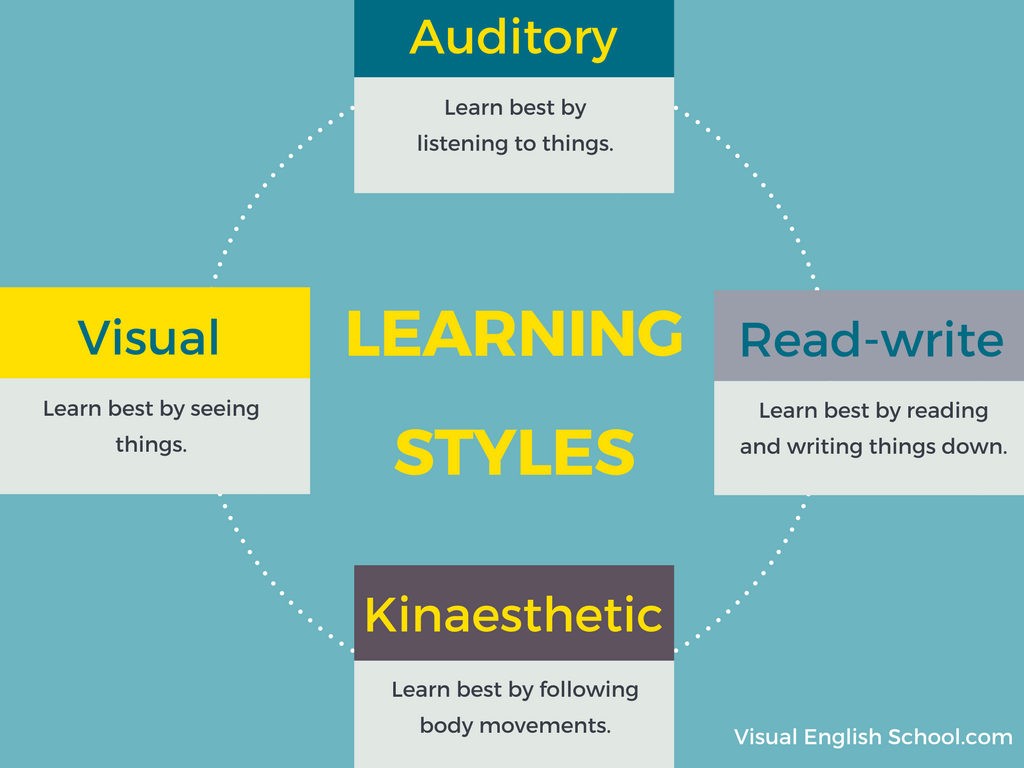
I see my friends going out and wonder what’s wrong with me when I want to stay in. I see them collaborating on business projects together, and wonder if there’s something wrong with me because I prefer to work alone.
But there’s nothing wrong with me. I’m an introvert. And, according to some statistics, there’s about a 50% chance that you are, too.
If you’re an introvert, welcome to the club. There aren’t any meetings because we prefer to work alone, but you can at least take some solace in knowing you’re not the only one who feels the way you do.
For me, being an introvert doesn’t mean I don’t enjoy going out or having friends or being the center of attention once in a while. It only means that it’s not where I get the most value from my life.
Being “turned on” and in social mode is fun for me, but I can only take it in limited quantities. When I organize an event, I purposefully leave my calendar empty the next day because I know I’ll need to rest and recover.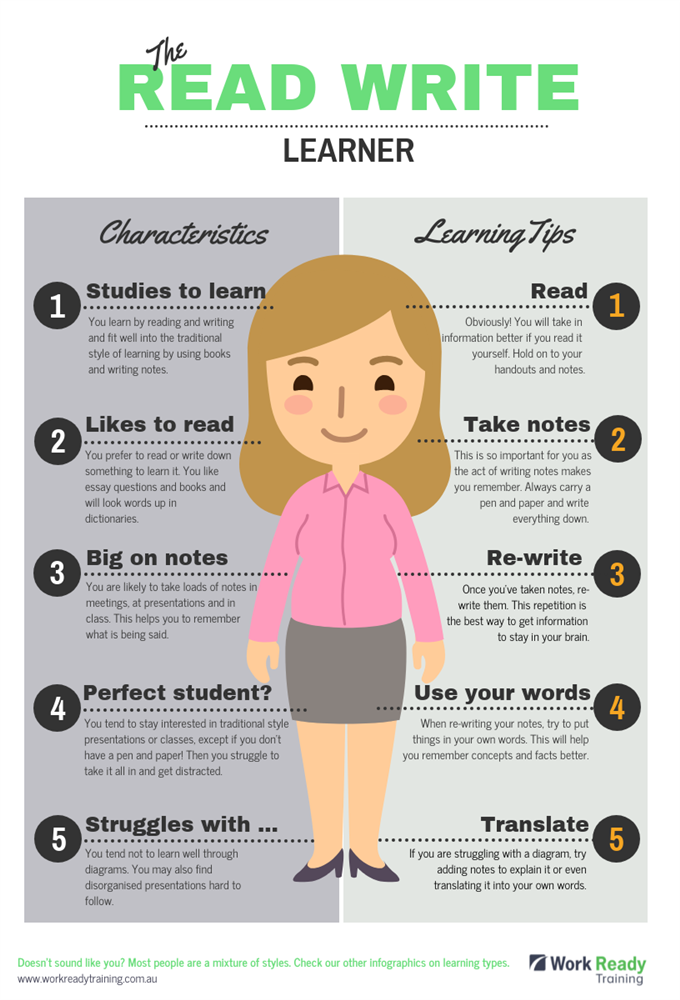
If I’m working on a team, don’t ask me to brainstorm—I won’t come up with anything useful. But if you leave me alone to think awhile, you might be surprised at what I accomplish.
If you want me to come out with you and your friends, invite me somewhere quiet where we can talk. I get value from my relationships by getting to know you much more than just being around you.
And if you’re an extrovert, don’t assume there’s no value in this for you. In the same way I can enjoy myself in a big group, you may find you can also enjoy yourself… all by yourself. There is great value in being alone. And handling it well is a beautiful thing.
At the very least, it’s a useful life skill. You can’t always control when there will be someone there for you, so being able to happily conduct yourself alone is an important part of being alive.
13 Rules For Being Alone And Being Happy About It
The following are 13 rules I try to live by when it comes to being alone. They add enormous value to my life.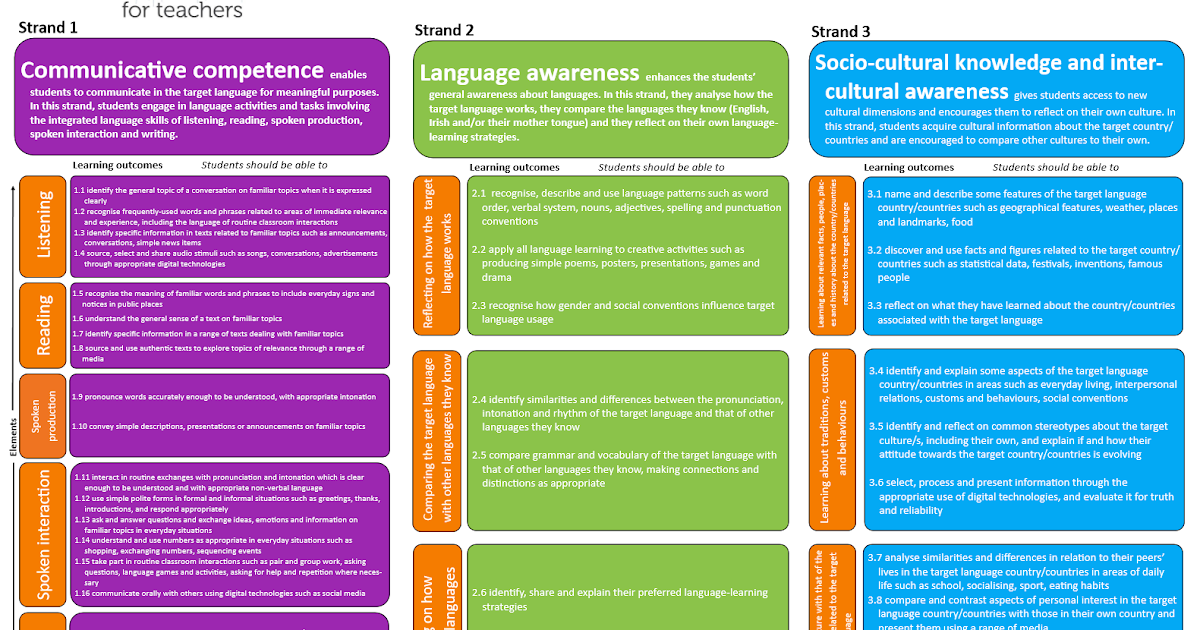
Whether you’re an introvert trying to make your way in an extrovert’s world, or an extrovert learning to become better at being on your own, I hope they add some value to your life as well.
1. Understand you’re good enough all by yourself.
You’re a valuable person, and you don’t need the approval of anyone else for that to be true. When you’re alone, remind yourself that it’s because you choose to be. It really is a choice.
It’s very easy to find someone to spend time with, but when you have high standards for the people you allow into your life, you’re telling yourself that you’re better off by yourself than with someone who isn’t a great fit for you.
2. Value others’ opinions, but value your own more.
Don’t ask for advice unless you truly need it. Instead, ask yourself for advice. If you knew the answer to the problem that you have, what would it be?
That’s your answer. The more time you spend asking yourself for advice, the less you start to need input from others. When you trust yourself to solve problems, you become a much stronger and more confident person, and you take on challenges that you wouldn’t have felt capable of before.
When you trust yourself to solve problems, you become a much stronger and more confident person, and you take on challenges that you wouldn’t have felt capable of before.
3. Learn to be an observer.
I’ve always held the belief that if you aren’t able to take interest in something, it says more about you than whatever it is you find uninteresting.
To truly enjoy being alone, learn to look at ordinary situations in new and unfamiliar ways. Go to the park and watch people play with their children or their dogs. Go to the grocery store and watch how people shop for their groceries.
Everywhere you go, make an effort to understand the other people around you. Learning how people operate when they think no one is watching will make you feel more connected to them.
4. Close your eyes in a dark room and appreciate the silence.
The world is a busy place and, unless you take a moment to step away from it once in a while, it’s easy to forget how nice it is to simply sit alone and enjoy your own company.
Take a moment and sit quietly in a dark room. Listen to everything that is not happening around you. You can learn a lot about yourself in the moments when you’re least occupied—the times when there is nothing to distract you from the thoughts and feelings you deny yourself during your busy days.
5. Learn how to talk to yourself.
They say it’s perfectly normal to talk to yourself; you’re only crazy if you talk back.
Every single person has an inner voice that talks to them at all hours of all days, and getting to know that person and how to talk to them is one of the most important things you can do for yourself.
When you fill your time with other people, it’s easier to ignore this voice, but when you’re alone, it’s your only company. This voice rubs off on you. It is you. The way that you talk to yourself when no one else is around will shape who you are in this world more than anything else.
Just like you’d distance yourself from negative friends who bring you down, it’s just as important to distance yourself from a negative inner voice.
When you’re alone, it can sometimes be hard to stay positive, but you must be kind to yourself.
6. Cherish every interaction.
Most people have to experience some type of tragedy before they begin to understand just how brief our time here is. You get but a few short trips around the sun, and then it’s over.
Time alone is important. Time alone is beautiful. But so is time spent with others.
There is no such thing as a boring person. There is no such thing as a boring situation. If you’re ever bored, it’s because you’re not paying attention. This is a problem with you, not with your surroundings.
Take an interest in every person that comes into your life, even if for only a second. Listen closely to what they say. Watch carefully what they do. Try to understand them as a person. You’ll be better for it.
7. Rearrange your furniture.
When you’re alone, it’s easy to fall into a pattern. It’s easy to stagnate and feel as if things rarely change.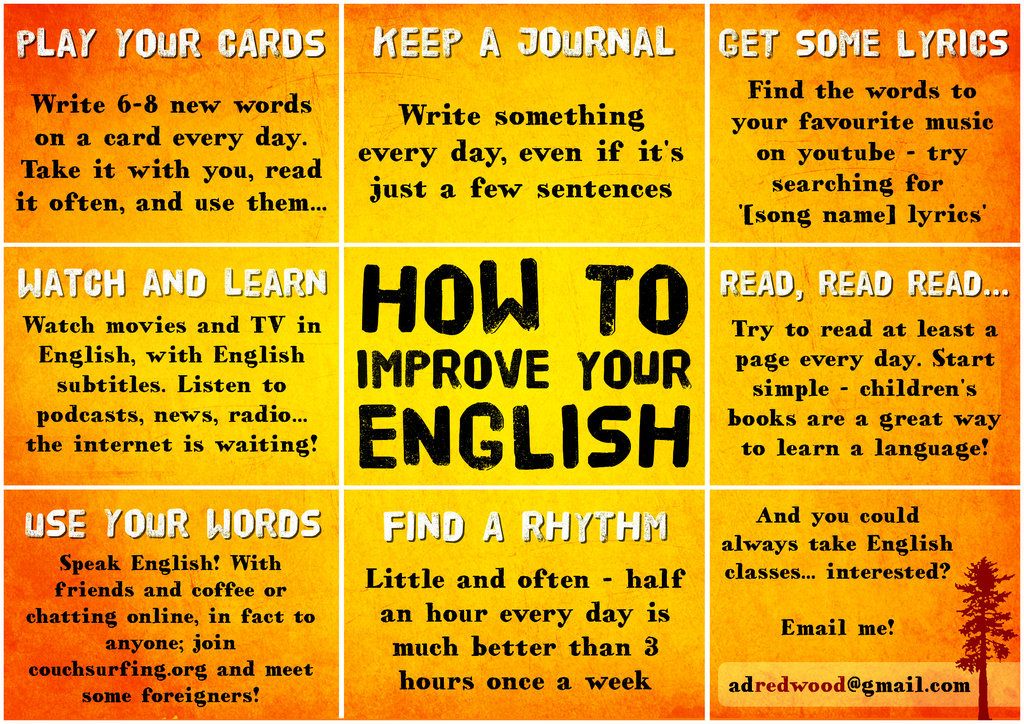 And when you’re alone, this is true—things rarely do change unless you make a conscious effort to change them.
And when you’re alone, this is true—things rarely do change unless you make a conscious effort to change them.
The problem is that meaningful change is hard, and what’s hard rarely gets started. To keep things moving, you have to keep things fresh. And to keep things fresh, it’s best to look for small wins that can lead to bigger ones.
Rearranging your furniture is meaningless by itself, but it brings new life to a dull routine, which is easy to fall prey to when you’re spending a lot of time alone.
8. Avoid mindless consumption.
When you’re alone, you have an incredible opportunity to think clearly about your life and the direction you want to take it. In a world that’s often filled with noise, you’ve been given quiet. This is a time to reaffirm the path that your life is on.
Are you happy and fulfilled? Should you keep doing what you’re doing? Or, are you feeling unsatisfied? Should you change something?
These are questions you can only answer when you take advantage of this gift of quiet. If, instead, you fill your time with entertainment that you mindlessly consume—TV, movies, randomly surfing the web—it will be difficult to answer these questions. You can never devote enough attention to coming to a clear answer.
If, instead, you fill your time with entertainment that you mindlessly consume—TV, movies, randomly surfing the web—it will be difficult to answer these questions. You can never devote enough attention to coming to a clear answer.
9. Create, create, create.
To create is one of the most important things you can do in your life. To create among a sea of people (or even just one person) vying for your attention is one of the most difficult things in life.
When you’re alone, the only one stopping you from creating the art, the work, that you’re capable of is yourself. All excuses are gone. When you’re alone, you can lose yourself in your work. When you lose yourself in your work, you can be sure that you’re creating something truly meaningful.
Your other option is to ignore that call to create and, instead, look for temporary comfort in things and people who will eventually leave you unfulfilled. Make use of your loneliness.
10. Make plans for the future, and pursue them immediately.
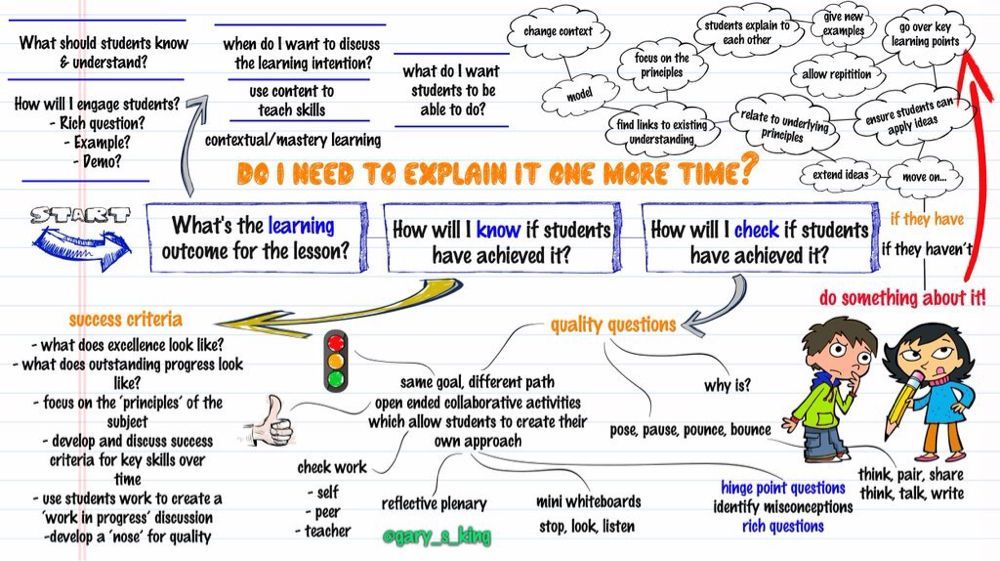
It’s almost impossible to feel good about your life if you don’t have some type of direction for it. When you meet someone, it’s usually quite easy to see if they have a handle on their life and are happy, or if they’re wandering without aim, looking for something to pursue.
The purpose for your life doesn’t need to be complex or earth shattering. It doesn’t have to be big or overwhelming. It only needs to be present. Once it’s there, it gets much easier to make plans you can take action on.
Pursue these plans immediately. Don’t put them off. Don’t wait for the perfect opportunity. Perfect never comes, and the longer you wait, the harder it is to get started.
Maybe you want to travel the world and understand different cultures. Maybe you want to build a massive stamp collection. It doesn’t matter what it is—pick something you enjoy and go after it.
When you do this, two things happen. First, you gain a sense of confidence in yourself because you see that you’re capable of living on your own terms. Second, this confidence brings new and interesting people into your life.
Second, this confidence brings new and interesting people into your life.
Being alone can be beautiful, but if you want to add people to your life, finding a purpose for your existence is the fastest way to do it.
11. Go to a movie alone.
Get used to doing things alone that society says is made for two. Go to a movie by yourself and enjoy the picture. Have a great dinner out all by yourself. Take yourself on dates, and learn to treat yourself well.
This will be awkward at first. If you’re used to going out with others, you’ll wonder what you should do with yourself while you’re alone. Don’t try to hide from the discomfort. Accept it. And then laugh about it because, really, who the hell decided that you weren’t supposed to do these things alone?
Besides, to truly enjoy these things with others, you have to learn to enjoy them alone first.
12. Pursue an impractical project.
When you work on a team, the pressure to conform is great. You always have to think about the others in your group and regularly make compromises so that the end result is acceptable to everyone.
In my opinion, this is a terrible way to do something important and personally meaningful.
When you’re alone, you’re free to pursue any kind of project you want in your life. You have the freedom to be completely selfish and make no compromises about what you do or how you do it.
Take advantage of this freedom! An important part of life is doing things that look unwise or impractical to others. Do something that’s completely over your head. Start something that you don’t know how to finish.
Think of the wildest thing you’ve ever wanted to do, then take one small step towards realizing it.
If you’re afraid, understand that this doesn’t have to be your whole life. You can contain it to just a small part. In the piece of your life that you set aside, never, ever allow anyone else’s advice or opinions to direct how you work.
This is something you do alone, for the benefit of no one but yourself.
13. Volunteer your time.
If you’re a hermit when you’re alone, find others that you can be alone around.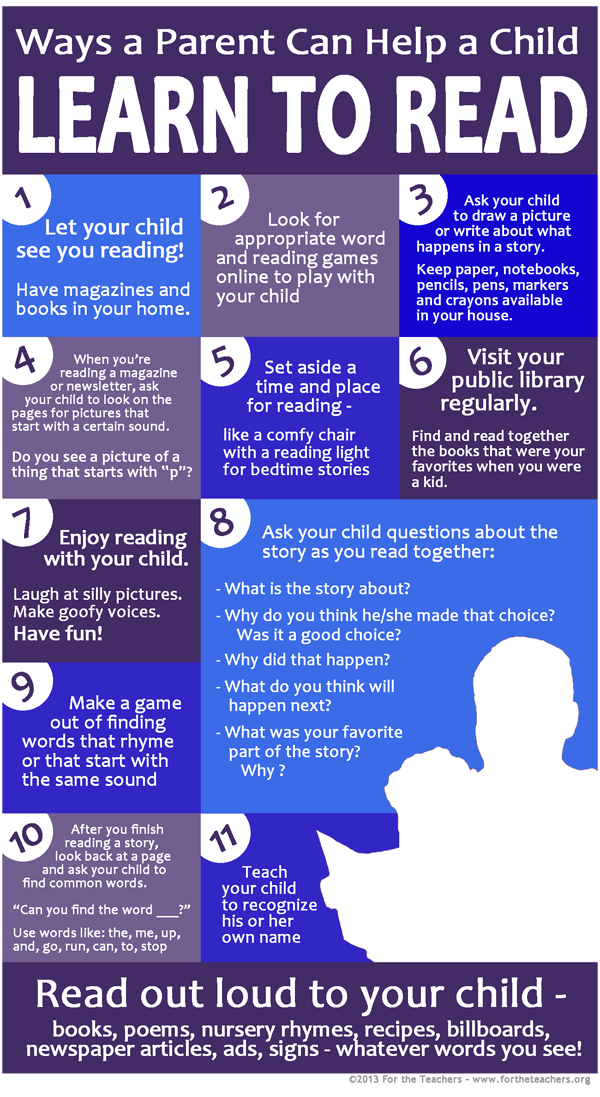 A great way to do this—and to contribute something positive to the world—is to volunteer your time to a cause you believe in.
A great way to do this—and to contribute something positive to the world—is to volunteer your time to a cause you believe in.
Being alone and happy doesn’t mean sequestering yourself from the world. It means being confident enough to know that you can surround yourself with people, but not depend on them for your own happiness.
And one good way to get started is to surround yourself with good people—the kind you’ll find when you give your time to a cause that’s important to you.
How to become independent | Passion.ru
Personal growth
08:20, August 28, 2012
Life always requires us to take action and make decisions. But what to do if for some reason you are afraid of independence, do not know how to make decisions, always doubt? Passion.ru will help you with tips on how to become independent.
Life always requires us to act and make decisions. But what to do if for some reason you are afraid of independence, do not know how to0009 make decisions, always in doubt? Passion. ru will help you with tips on how to become independent.
ru will help you with tips on how to become independent.
The reasons for the lack of independence often come from childhood: you were too patronized or you did not receive enough love, and now you are afraid to do something on your own because of the fear of failure. All this is not of great importance now, the main thing is to learn how to lead your life without the help of others, to feel confident and without fear to solve all the problems that arise and overcome difficulties.
The best way to develop independence is to live alone with the money you earn on your own. In this case, even the most “marshmallow” girl will not only learn how to cook, make household purchases and clean up the house, but over time, if necessary, she will be ready to survive even in the most field conditions, where of all things there will be only earth, a couple of matches and blue sky overhead.
In other cases, you will need to gather all the willpower that you have into a fist, and every day more and more refuse the help and services of other people.
7 tips to become independent
(take one for each day of the week and do it!):
no one did
Hang this list in a prominent place and follow the steps from there regularly. Do not be embarrassed if it initially contains very simple tasks, on the contrary, start with them! For example, make the bed in the morning, make breakfast, wash the windows, defrost the refrigerator, pay for electricity, pick up the parcel.
Do you remember something you have been putting off doing for a long time because you didn't know how or were afraid? What have you wanted for a long time, but no one did it with you or for you? Would you like to order cosmetics in the online store? Would you like to go on a tour? It's time to remember these activities and do everything yourself.
2. Sign up for a course or start learning on your own
It doesn't matter if you study accounting or PhotoShop, cookery or sign up for modern dance classes. The main thing is that you will do it yourself, most likely you will have to pay for the classes yourself, look for materials (costumes, program, products, etc.), buy, download video lessons. And all this is a very valuable life experience.
The main thing is that you will do it yourself, most likely you will have to pay for the classes yourself, look for materials (costumes, program, products, etc.), buy, download video lessons. And all this is a very valuable life experience.
3. Take responsibility
Do you remember the movie "Always Say Yes!", where the main character had to agree to everything that was offered to him: from new skis to recording his own CD? Try the same technique, only you don’t have to buy skis, just teach yourself to automatically say “yes” to all offers to take responsibility, no matter how scary and impossible they may seem.
The desire to be independent and not to drop your image in the eyes of another person will help you find a way out of the situation and fulfill the task assigned to you most responsibly.
Tasks can be of any level of complexity: from paying for an order on the Internet or choosing a gift for a friend to completing a project at work.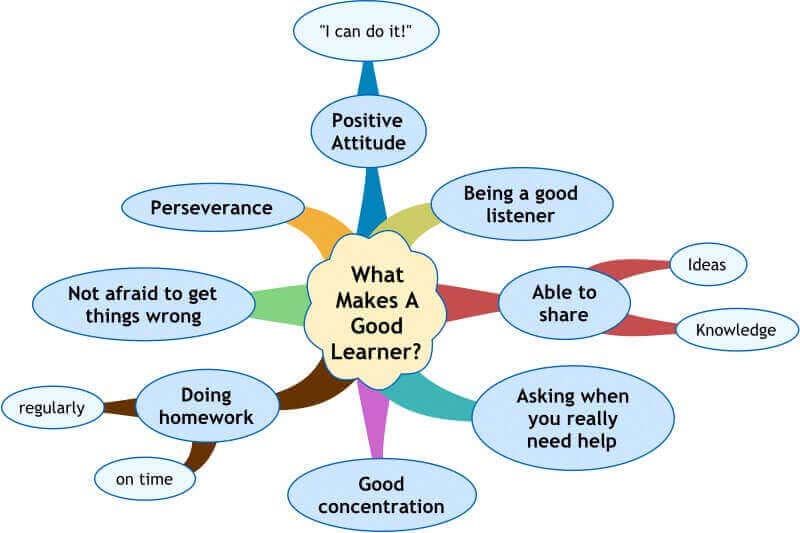
Start small: take on some household chores - paying bills, buying a filter, feeding a cat. Warn your family that now you will do it. So you will know that if you do not do this, then no one will, and the family may be left without light.
Having established yourself in small things, you will move on to more voluminous and responsible tasks, for example, taking your nephew to the hospital or caring for a sick neighbor.
If some task seems overwhelming and scary to you, then use a time management technique: eat the elephant in pieces. Break a large task into small steps and deal with them sequentially, without thinking about other parts.
7 tips for becoming self-reliant (continued)
4. Learn to speak confidently and pay attention to your posture and gait
If you have a hunched back, your head is strongly retracted into your shoulders, you have a shuffling gait and you speak in a low and unintelligible voice , then it will be more difficult for you to become independent. Straighten up, turn your shoulders, practice speak confidently - even if it's a nursery rhyme. External changes will help you create a holistic image of an independent person.
Straighten up, turn your shoulders, practice speak confidently - even if it's a nursery rhyme. External changes will help you create a holistic image of an independent person.
Pay attention to how independent people, in your opinion, speak, how they behave. Try to copy this behavior model, at first it will help.
5. Make informed decisions
Always explain to yourself why you are making a decision. If you could not explain or the explanation did not satisfy, then most likely you went on about your fear of being independent.
For example, you need to buy a vacuum cleaner. You go to the nearest store and see a vacuum cleaner that costs like a used car. You are upset, but ready to buy it. Stop! Why? Because you don't care about money? Or because you don't know where else to look for vacuum cleaners, you're afraid to ask someone? If, after all, the second option, then willpower and search engines will help you - solve the issue on your own, without harming yourself and your wallet.
When you make a conscious decision, you will always be able to confidently say: "I did this and that for such and such a reason." In this case, you will not feel guilty in front of yourself for the wrong decision, and also get rid of negative ratings of others, that you did the first thing that came into your head.
6. Help people
Help a neighbor carry bags home, feed homeless animals, take things/food to an orphanage or church, don't dismiss them if they ask you how to get somewhere, but you are just too lazy explain, etc.
Good deeds for other people will allow you to realize your growth in development, to feel yourself more independent, than someone (children, neighbor), and the feeling of joy that arises in this case will inspire you to continue to do such things. After all, when developing independence, the main thing is to do something! A series of even small actions eventually turns into experience, which is more valuable than anything in this matter.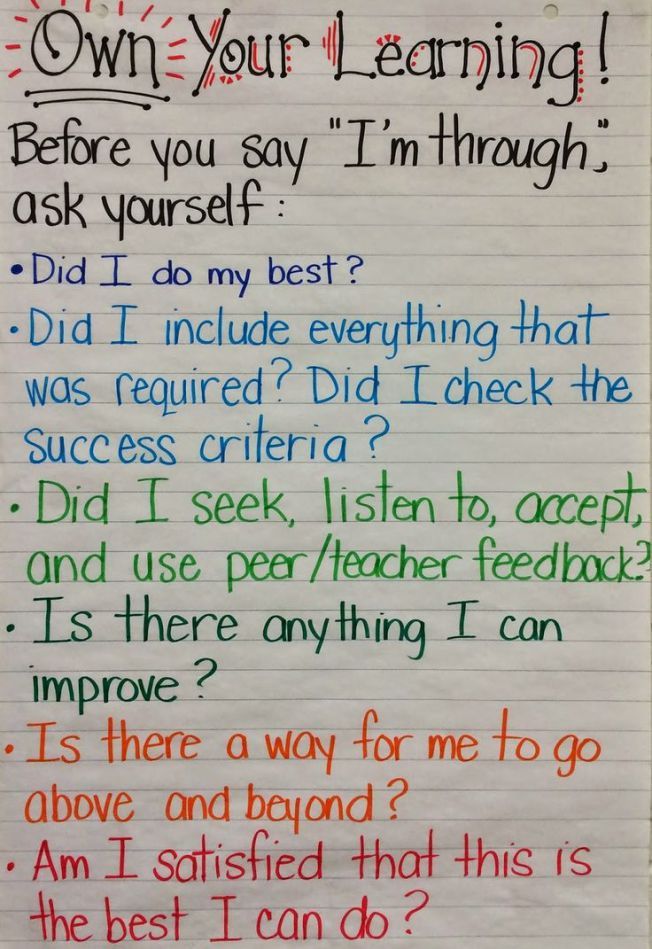
7. Be observant and ask questions
How does a friend pay utility bills at a self-service terminal? How does mom iron silk things, and how does she iron linen? Why is there always a line in one store and no one in the other? Why do they charge you a certain amount from your phone every month for an incomprehensible service? Ask questions about anything that interests you, don't be afraid to sound stupid.
Reward and inspire yourself!
In the process of completing even the simplest tasks, you will experience an indescribable feeling of pride in yourself. Remember it! Let it lead you further, to the world of a big and independent life!
If you strive to break away from leading an independent life and constantly want to call / write to someone and ask for help, then remind yourself of what goal is now in front of you.
For example, you can put a screensaver on your phone with the words “I am independent” (by the way, make it in Paint or Photoshop as your first task!), hang the same stickers on your computer, on the door of an apartment or room (so you don’t suddenly ask help from friends or neighbors). Let these words be the first thing you see when you wake up in the morning and get out of bed - this way you can develop any character trait.
Let these words be the first thing you see when you wake up in the morning and get out of bed - this way you can develop any character trait.
Do not forget to thank and reward yourself as you follow these tips. For each meaningful task you complete yourself, give yourself a gift, such as a cake, an episode of your favorite TV series, or an hour with a book.
Also be sure to buy a beautiful notebook or diary and write down, say, 5 of your successes in it every day: an ever-growing list will inspire you self-confidence and inspire you to further exploits!
instructions for those stuck in childhood
Good afternoon, dear readers!
Infantilism in our time is a widespread phenomenon. At the age of 20, Alexander the Great ascended the throne and led his first military campaign. He would be very surprised by modern young people who live with their parents until the age of 30 and are not able to take care of themselves on their own.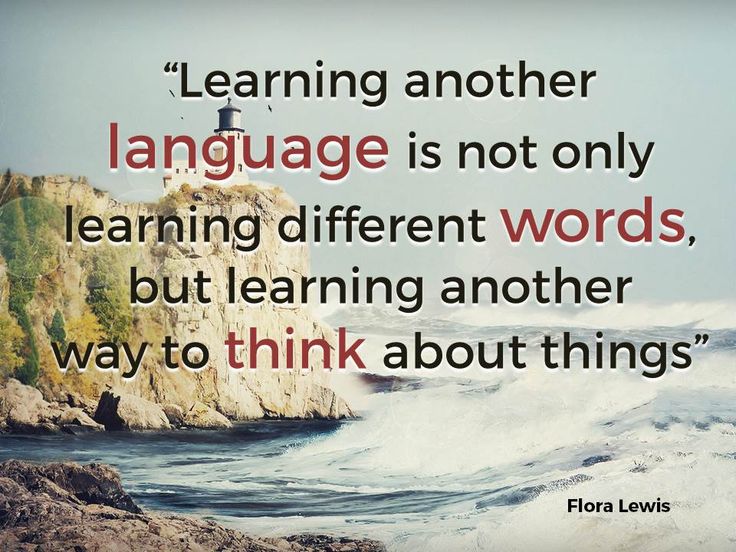 Read on and you will learn how to become self-reliant and independent.
Read on and you will learn how to become self-reliant and independent.
Let's analyze the recommendations for teenagers and adults.
Independent person - what is he like
Before moving on to practical recommendations, let's make a portrait of an independent person. Independence in a global sense is the ability to provide oneself with everything necessary for a happy life. A person with this quality is an autonomous, independent unit.
An independent person is able to provide for himself financially, create comfortable living conditions, maintain a stable positive emotional background, and make responsible decisions independently.
Many people, reading the description of an independent person, imagine a kind of hermit who despises people. But that's not the case at all.
Independent people willingly interact with other individuals and do it very successfully. The more independent a person is, the easier it is for him to build relationships.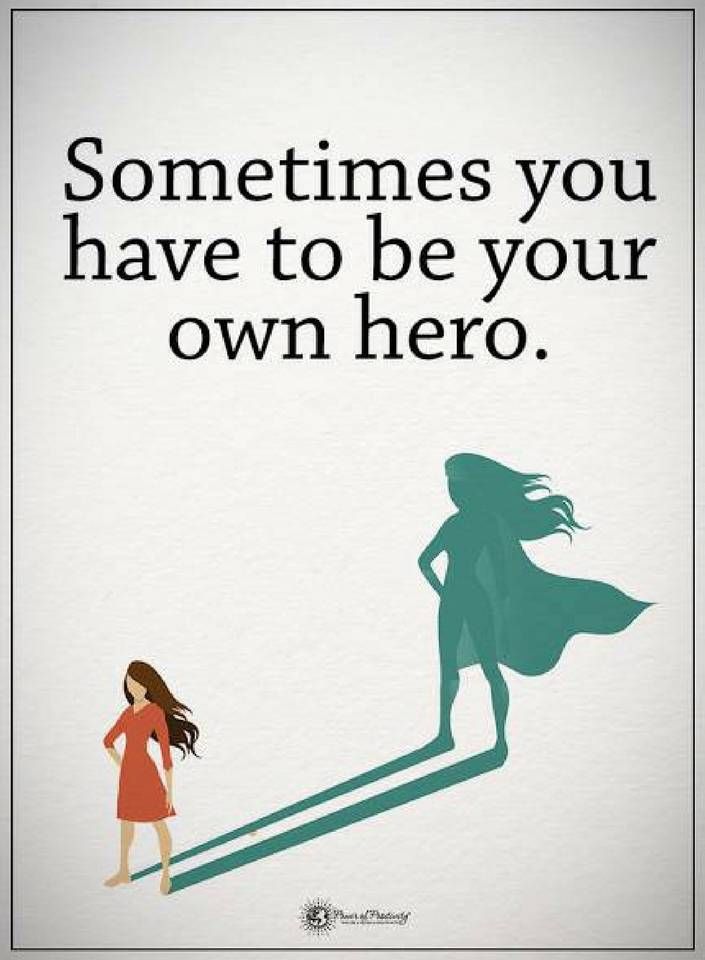
And all because dealing with them is a pleasure.
They do not pull the blanket over themselves, they do not try to sit on someone's neck, they do not use tricks and manipulations. Due to the habit of relying on themselves in everything, they endure any difficulties. Next to them you feel like behind a stone wall. I believe that all people should strive for autonomy and independence.
In the process of upbringing, the child gradually becomes independent. By the end of the first year of life, the first signs of independence can be noticed in the baby. But the most organic time for the development of this quality comes at the age of 15-16 years. But even if you are already much older, do not despair. You can still get rid of infantilism and addiction by following special recommendations. The main thing is to want it.
How to become independent: tips for adults
A healthy adult who is unable to take care of himself is a sad sight. Fortunately, such global problems with self-reliance are rare. Usually there are several areas in which a person feels insecure and cannot fully rely on himself. The following tips will help you deal with them and get on the path to complete independence.
Fortunately, such global problems with self-reliance are rare. Usually there are several areas in which a person feels insecure and cannot fully rely on himself. The following tips will help you deal with them and get on the path to complete independence.
Stop thinking that everyone owes you something
This is the most harmful attitude that hinders harmonious development and personal growth.
Instead of focusing on pumping their own resources, a person is engaged in knocking out non-existent debts from those whom he has appointed as his debtors.
Parents did not provide their own housing? Does the government give any benefits? Employers do not want to hire without experience?
It is necessary to make claims and download rights until you are blue in the face. Sadly, many people spend years on such a struggle until their lives fall into desolation.
Right now, accept the idea that no one owes you anything, except in cases that are documented and legal.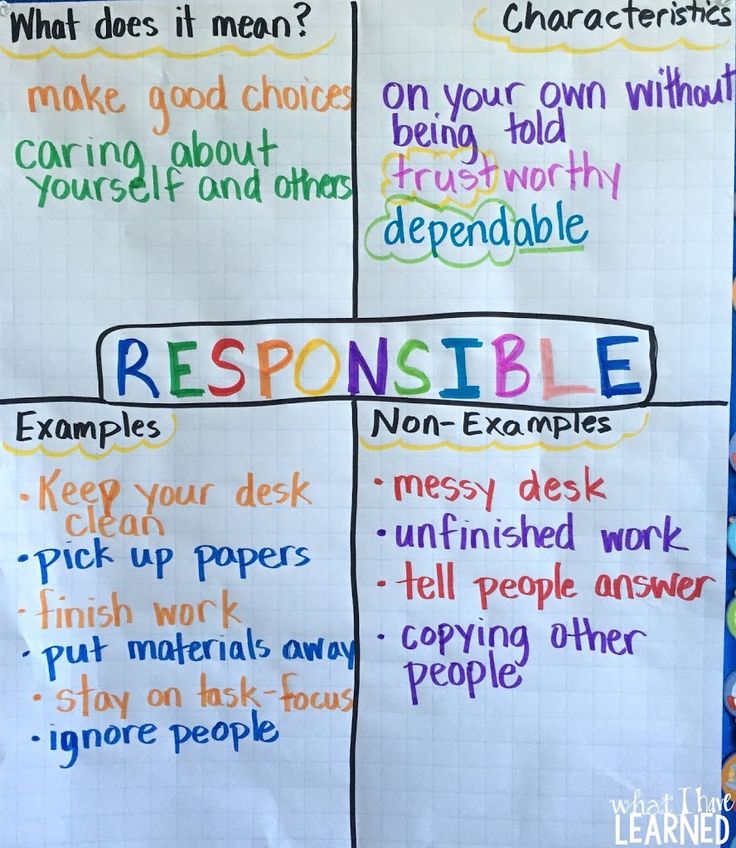 For example, the plumber you paid money to is obligated to fix the faucet, but Kolya's friend, whom you asked for thanks, is not supposed to. The nanny whose services you paid for is obliged to sit with your children, and the old mother has the right to refuse.
For example, the plumber you paid money to is obligated to fix the faucet, but Kolya's friend, whom you asked for thanks, is not supposed to. The nanny whose services you paid for is obliged to sit with your children, and the old mother has the right to refuse.
Realizing this simple truth, it will become much easier for you to build relationships with people and learn to rely on yourself.
Be grateful
The second step on the road to independence is expressing gratitude. Now you know that close people help you not because they have to, but out of their own kindness and responsiveness. It is necessary to thank them for this, preferably not only in words. So you will learn to distinguish yours from someone else's and correctly divide the boundaries.
It is very useful to be thankful from time to time for everything you have. People are used to focusing only on their endless “I want”, not noticing the good that they already have. But this good thing could not be. Millions of people around the world dream of things that are ordinary for us.
But this good thing could not be. Millions of people around the world dream of things that are ordinary for us.
We invite you to learn gratitude meditation.
Make a list of areas in which you are not independent enough
You need to have an idea of what you will have to work with. Self-reliance is not an abstract quality that comes from nowhere. It is formed by long and hard work on several fronts at once.
We have compiled a list of areas in which adults most often lack independence:
- Gen. Men more often experience problems with organizing a comfortable life than women. This is understandable, because girls from an early age are taught to clean, cook, wash and iron, and for some reason boys are bypassed. As a result, many of them, when they grow up, are not able to create comfortable living conditions for themselves.
- Material well-being.
 Here the situation is reversed. The lion's share of the fair sex believes that a man should support them. Therefore, many women do not strive for career growth. But what will they do if this man is never met? The question is open.
Here the situation is reversed. The lion's share of the fair sex believes that a man should support them. Therefore, many women do not strive for career growth. But what will they do if this man is never met? The question is open. - Psychological comfort. Many people stubbornly refuse to take responsibility for their emotions and conditions. When they are sad, lonely, scared and uncomfortable, those around them are certainly to blame.
- Leisure. Same here. If you're bored with yourself and waiting for someone to entertain you, you're the problem.
- Decision making. Probably everyone has such a friend who cannot choose a blouse in a store without consulting with a whole list of friends. Or order a dish in a restaurant without looking at the plate of each person present. These are trifles, of course, but a person is characterized very well.
Review these items and note where you need to become more self-reliant. Then define specific actions for each item.
Then define specific actions for each item.
For example, you decide to work on increasing independence in everyday life. What skills do you lack for this? Develop a plan for their development. Do not take on everything at once, but proceed in stages.
Also read our article about what is purposefulness. You will learn how to always achieve your goals and how to develop this quality in a child.
Love independence
Make independence a way of life. To do this, you need to be imbued with love and respect for your creative beginning.
Think about how much you lose when you delegate your responsibilities to others:
First , you put yourself in a dependent and weak position. By delegating custody of himself, a person voluntarily waives part of the rights. For example, living on the money of his parents, he will have to come to terms with the fact that they will interfere in his life.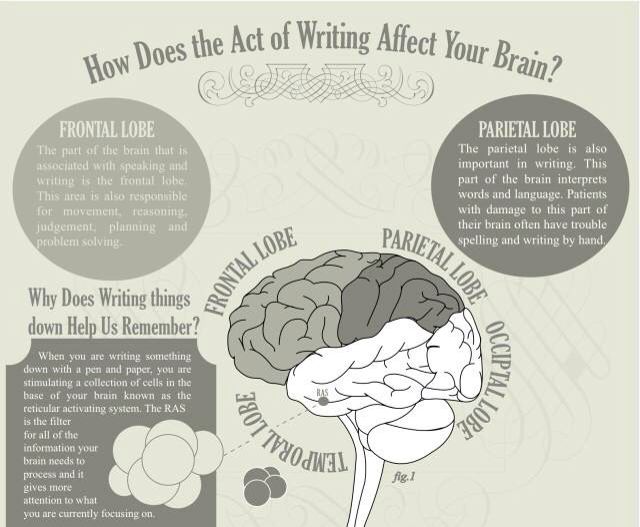 This is normal and natural.
This is normal and natural.
Secondly, , you won't be able to use other people's resources indefinitely. Sooner or later, your benefactors will want to throw off this burden. And you, willy-nilly, will have to start doing everything on your own, only in the most stressful and uncomfortable environment. Therefore, it is better to get off the needle in advance.
Thirdly, , when a person is in the role of an eternal debtor, his self-esteem and self-confidence suffer. He may not be aware of it, but the collective unconscious cannot be fooled. Dependence and weakness are qualities that do not contribute to self-respect.
Having made a choice in favor of self-reliance and independence, you will rise several steps in your personal development at once. And you will be able to fully realize that buzz when you feel like a full-fledged creator and master of life.
Use every opportunity to be independent
Set aside one day a week when you will consciously do everything yourself and refuse any help.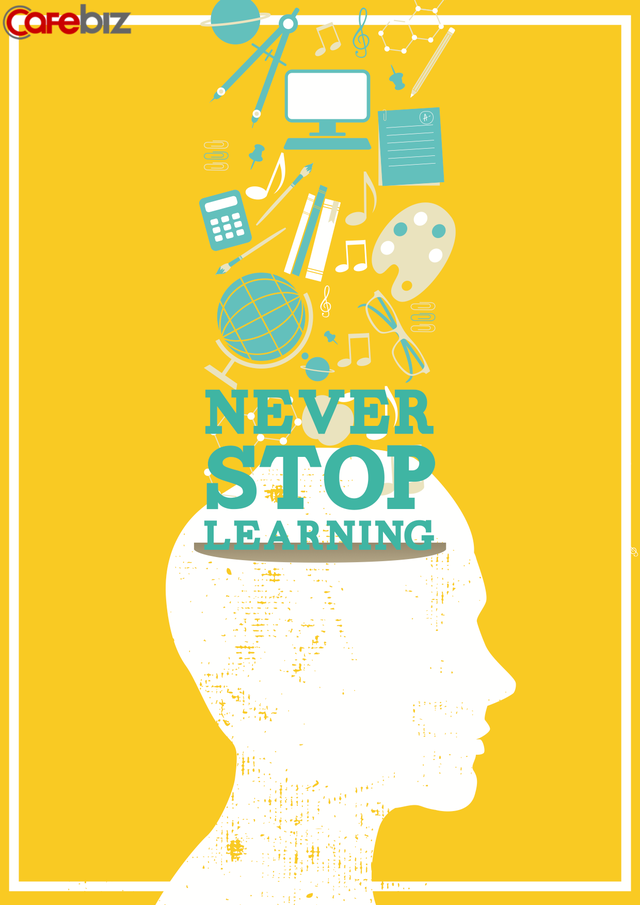 So you will gradually get used to independence.
So you will gradually get used to independence.
Came to the hypermarket for the first time? Do not ask for help from a consultant, try to find the right products yourself. Have you bought new equipment? Set it up yourself using the instructions, and do not entrust it to friends.
It would seem that these are trifles that do not affect our lives. In fact, it is from such habits that character develops.
Develop critical thinking
Independence in judgment breeds independence in action. Learn to draw your own conclusions based on different sources of information. Never blindly believe what you hear or read.
Critical thinking is a kind of filter through which all information entering your brain must pass. To develop it, you need to read more, be interested in the events taking place in the world, communicate with educated people.
Do not hesitate to publicly express doubts about something, ask clarifying questions, disagree with other people's opinions. But never stoop to dirty arguments and showdowns. Form your own opinion on every issue and respect other people's right to their own views. Even if they are different from yours.
But never stoop to dirty arguments and showdowns. Form your own opinion on every issue and respect other people's right to their own views. Even if they are different from yours.
Do not be afraid to be a black sheep
The desire to merge with the crowd and not to shine betrays people who are insecure, dependent on someone else's opinion, internally enslaved. If you reflect the fear of being different, start to gradually get rid of it.
Don't be afraid to be the only non-smoker or non-drinker in the group. Politely but firmly refuse meat dishes at a party if you are a vegetarian. Don't be shy about your musical tastes, even if they're not trendy.
If people are disrespectful of your features and are not ready to accept you as you are, say goodbye without regret. Respect yourself, your time and attention, spend them only on those who deserve it.
Spend only the money you earn
Stop using credit cards and don't borrow money.
It is extremely contraindicated for dependent people. Learn to take a responsible approach to all expenses, keep records of expenses and income.
Forming these habits is the first step towards financial independence.
Spend time away from civilization
Perfectly train independence for a trip to nature for a few days. Gather a group of friends and go hiking or rafting. There you will have to do on your own what advances in technological progress usually do for you: make fire, cook food, equip a home.
When you return home, you can feel how comfortable and carefree your life is. There will be strength for new things that you can do yourself without anyone's help.
Practice such trips at least a couple of times a year. This is not only a great training of character and spirit, but also incomparable health benefits.
How to become independent: advice for teenagers
The best time to demonstrate independence is adolescence.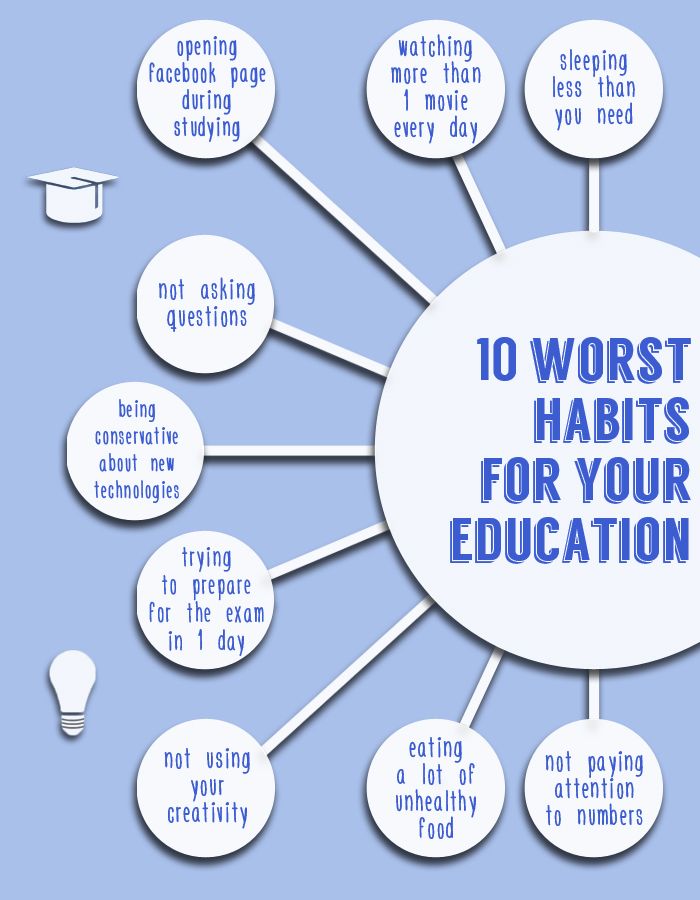 So that you do not have to apply the above tips by the end of the third decade, lay the foundations of your independence and independence at 15-16 years old.
So that you do not have to apply the above tips by the end of the third decade, lay the foundations of your independence and independence at 15-16 years old.
Find a part-time job
The best way to feel like an adult independent citizen is to start earning money. Let for a start it will be small amounts, but your personal hard-earned money. Find a job in your free time and start earning.
Such part-time work will help to form the right attitude towards money.
As long as you live on your parents' means, you have no idea how hard they earn.
By exchanging your own strength and time for money, you will use it more carefully. The desire to make impulsive purchases will disappear, and you will approach each expense more consciously.
Another indisputable plus of part-time work is the accumulation of your own material resources, which you can manage on your own. When your parents give you money, they have the right to demand an account of its use. You can spend your own funds at your own discretion and not inform anyone.
You can spend your own funds at your own discretion and not inform anyone.
Furnish your own room
As long as you don't have a separate home to customize to your liking, at least furnish your own room. Rearrange the furniture, decorate the walls with posters or paintings, add some creativity to the interior design.
If you decide to make some global changes (re-paste wallpaper, change furniture), discuss this issue with your parents in advance. Explain to them that it is important for you to have a personal comfortable space at home. I'm sure they'll go along with you.
Learn to take care of yourself in everyday life
Develop everyday skills that will be needed in adulthood.
Key ones:
- Maintain order. Your room should always be clean and tidy. In addition, you must contribute to maintaining cleanliness throughout the apartment: washing floors, dishes, dusting, putting things in their places.

- Caring for things. Wash, iron and mend your own clothes. Do not forget to take care of your shoes: clean, lubricate with cream, change heels.
- Cooking. Learn how to cook simple meals so you don't have to depend on other family members.
Get a pet
The most effective way to feel grown up and independent is to start caring for someone. When you have a little furry friend who is 100% dependent on you, you will fully understand what responsibility is.
But keep in mind that this advice will only work if you take full custody. You will feed the pet, entertain it, clean up after it, walk it, monitor its health. If you remember it only when you are bored and want to play, then there will be no effect.
Learn to solve problems
At the age of 15-16, a person is on the threshold of adulthood. He is already able to solve many issues on his own. The next time you run into some minor problem, try to solve it on your own without your parents getting involved.
The next time you run into some minor problem, try to solve it on your own without your parents getting involved.
As one of our friends told me:
I remember that in the 10th grade I bought shoes in a store that turned out to be too small for me. After trying on the shoes at home and making sure that I could not wear them, I asked my mother to return them to the store. To which she received a categorical refusal. “You are already big, you can do it yourself,” Mom said. At first I was offended, and then I decided to use this situation as a challenge.
Gathering my courage, I went to the store and whispered to the cashier in a trembling voice that I wanted to issue a refund. “No problem,” he said, and handed me an application form. When it was all over, I felt incredibly relieved and proud of myself. I am still grateful to my mother for helping me get out of my comfort zone.
Visit government offices without parents
In adulthood, you will often have to interact with various bureaucratic authorities: the passport office, the tax office, the management company, etc.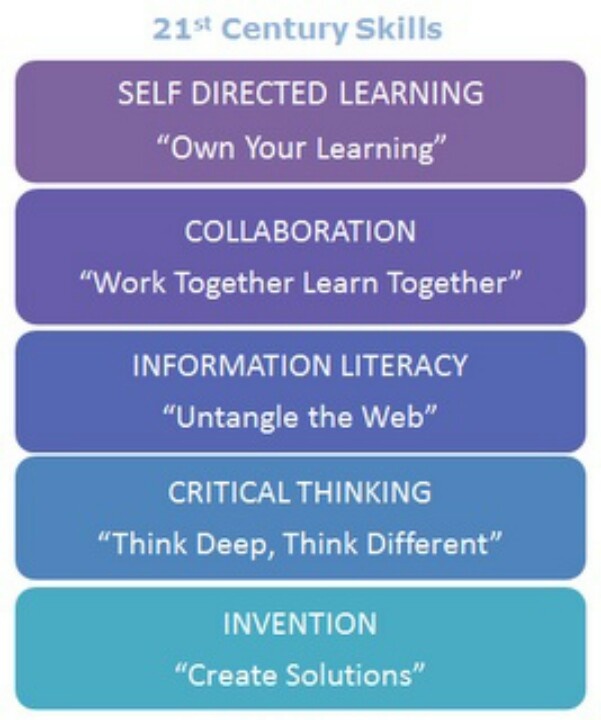 Start visiting such places without your parents. Naturally, only those where it is allowed.
Start visiting such places without your parents. Naturally, only those where it is allowed.
You can start with the local children's clinic.
For example, you need to pass a medical examination.
Make an appointment by phone or online, arrive at the appointed time, get in line. Then follow all the necessary procedures, talk to the doctor and pick up a certificate.
In words, all actions seem very simple, but in reality you may experience great fear and excitement.
This is normal. Don't be ashamed of your reactions and don't be afraid to look stupid. You are still a child, after all. The first time is always the most exciting and uncomfortable, but then it will be much easier. After completing the quest called “polyclinic”, you can move on to more difficult ones.
Go to camp for the holidays
Self-reliance is not only the ability to earn money and take care of yourself in everyday life.
It is also the ability to establish contacts, to find a common language with different people, to show oneself in a team.






